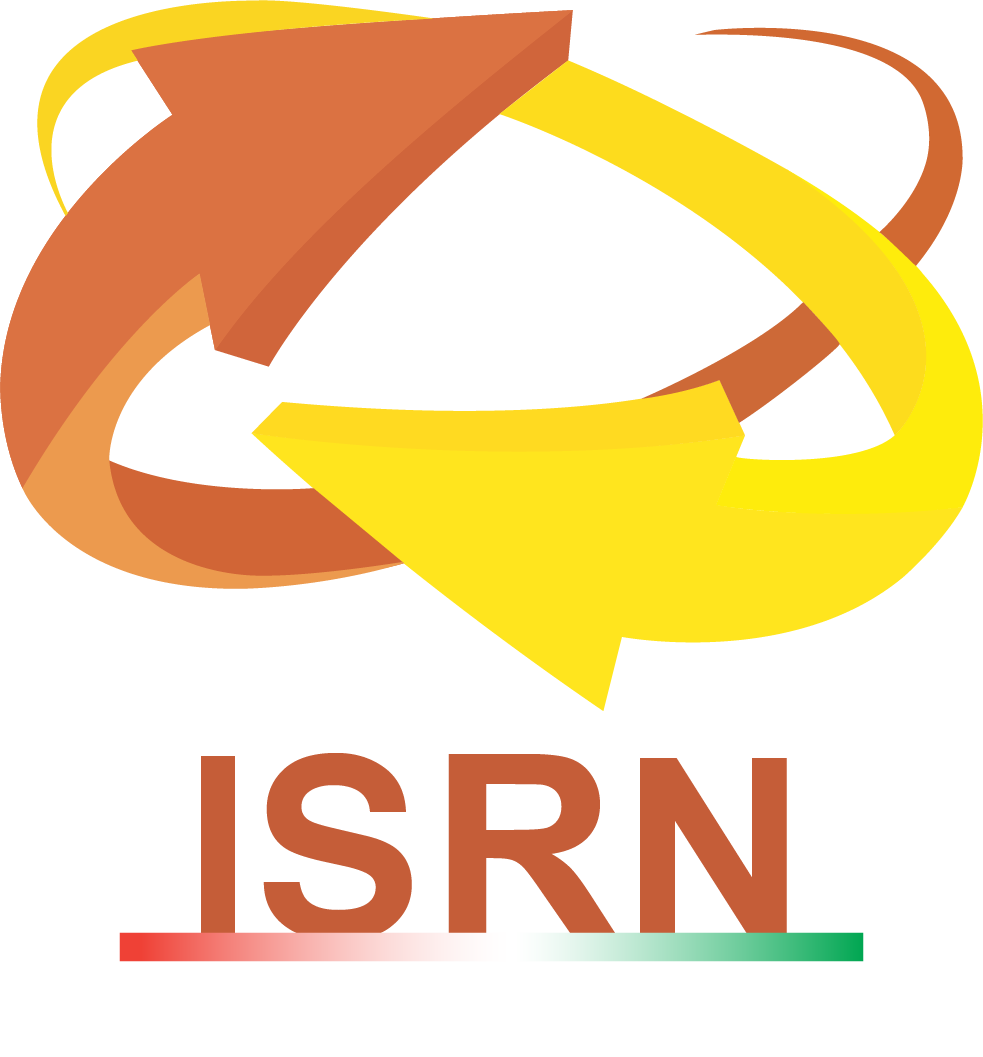From remote villages to international forums, NGOs in India play a pivotal role in bridging the gap between communities and sustainable development. Working at the grassroots level, they identify real challenges—be it lack of healthcare, education, livelihood opportunities, or environmental degradation—and implement practical, people-centric solutions. Their close connection with local communities allows them to tailor programs that are culturally sensitive and deeply impactful. At the same time, NGOs increasingly engage on global platforms, advocating for policy changes, aligning with the Sustainable Development Goals (SDGs), and leveraging international support to scale up their initiatives. Their ability to act as facilitators between citizens, government bodies, and corporate partners makes them powerful agents of change. In a diverse and complex country like India, NGOs serve as the thread that weaves together compassion, innovation, and action—creating a ripple effect that transforms lives from the grassroots to the global stage.
